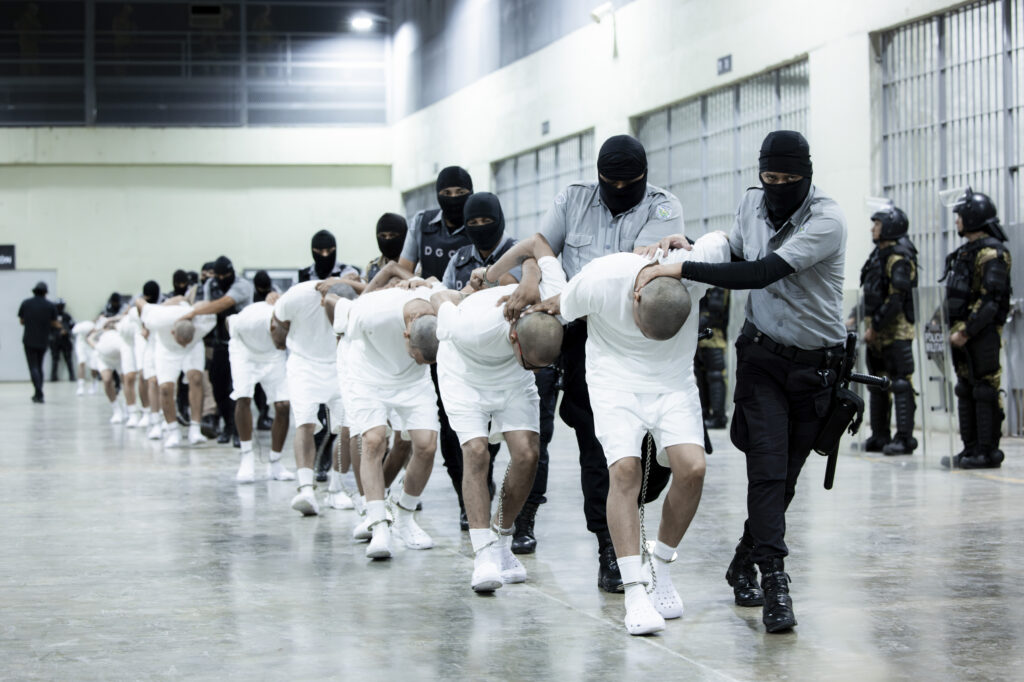
A federal judge ordered the government Wednesday to allow Venezuelan men who were removed from the U.S. by the Trump administration earlier this year to challenge their ongoing imprisonment in El Salvador.
U.S. District Judge James Baosberg said the over 200 men who were removed from the U.S. and transferred to a notorious prison in El Salvador shortly after President Donald Trump invoked the Alien Enemies Act (AEA) must be given due process.
“The Government must facilitate the Class’s ability to seek habeas relief to contest their removal under the Act,” wrote Boasberg, who has been appointed to judicial positions by former Presidents Barack Obama and George W. Bush.
The judge added that exactly what that entails will be determined in future proceedings.
In removing the men without due process and keeping them in a foreign prison, Baosberg said the Trump administration has attempted to create “a legal no man’s land.”
“Our legal tradition is wholly incompatible with the establishment of a network of overseas prisons, shielded from the Great Writ by the facade of foreign control, to which the Government routinely exports detainees without due process,” the judge wrote.
Trump invoked the AEA earlier this year to remove people that the government claims are members of Tren de Aragua, a transnational criminal organization, while denying them the ability to challenge that designation.
Multiple investigations have found that a majority of those removed by the Trump administration do not have criminal records either in the U.S. or Venezuela and never violated immigration laws.
For months now, the men have now been in legal limbo, unable to challenge their continued imprisonment in U.S. or Salvadoran courts. They still were not afforded an opportunity to challenge their confinement even after the Supreme Court ruled that people targeted by the AEA must be given due process.
Though removals under the AEA have often been referred to as “deportations,” they are significantly different from normal deportation proceedings.
Normally, if someone is deported, they are sent to their country of origin. In this case, however, numerous Venezuelan men were imprisoned in a third country they have no relation to. As a result, the U.S. and El Salvador have been accused of committing human rights abuses.
